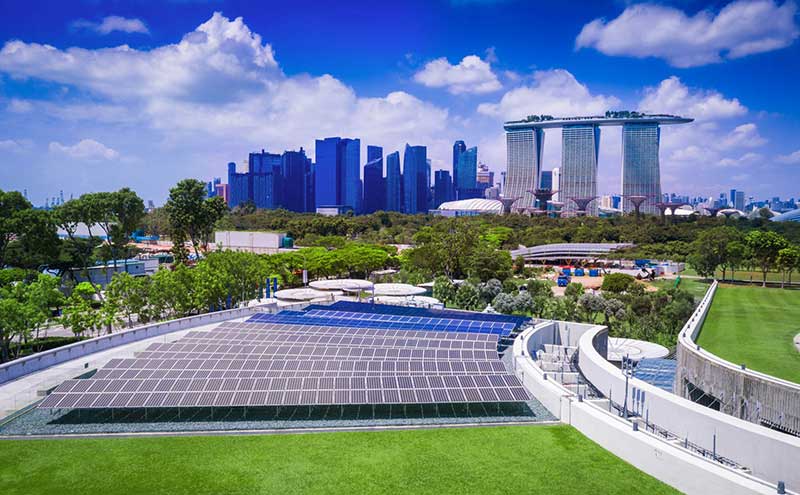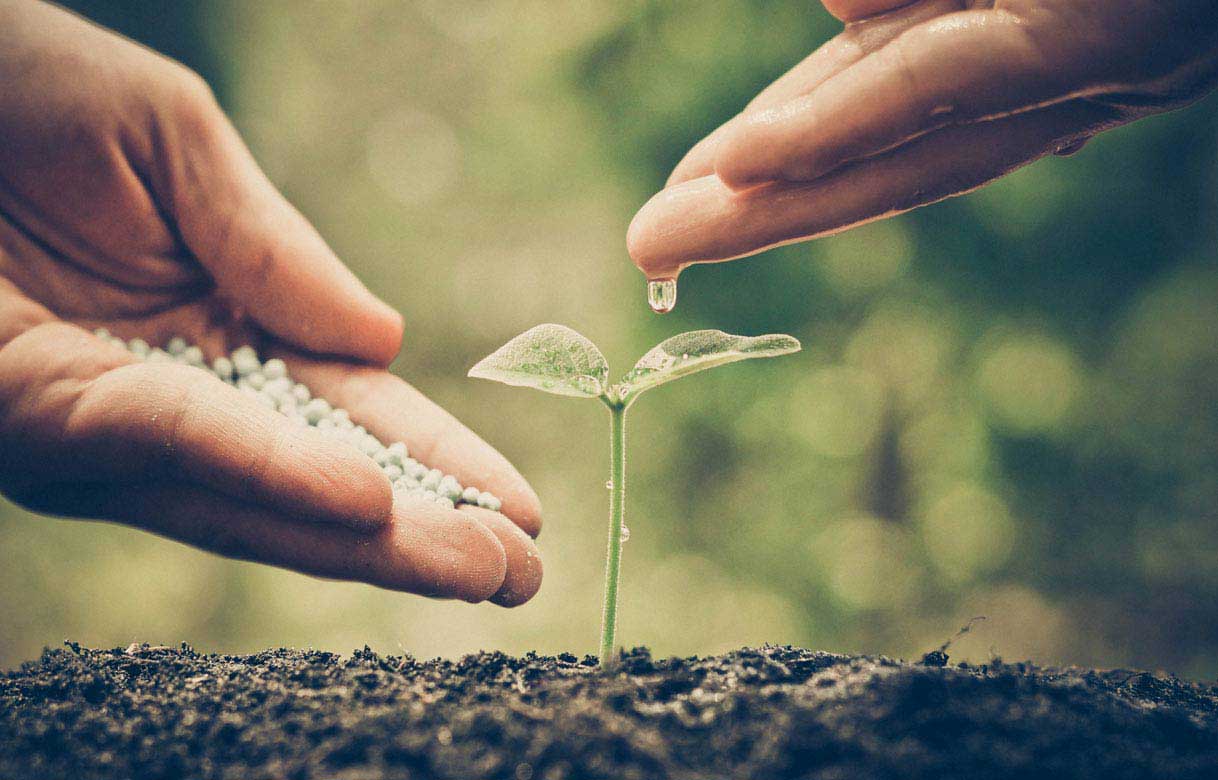Singapore is accelerating its efforts towards achieving a net-zero economy, in line with the Singapore Green Plan 2030. More than ever, it is important for businesses to embrace sustainability and innovation, be open to new growth opportunities and stay relevant in the low carbon economy.
We understand our customers have evolving needs to unlock transition and sustainability-linked growth opportunities. We’re focused on supporting businesses across the ecosystem to contribute to a net zero economy with our financing options and leveraging our global scale, deep expertise and strong presence in emerging markets.








